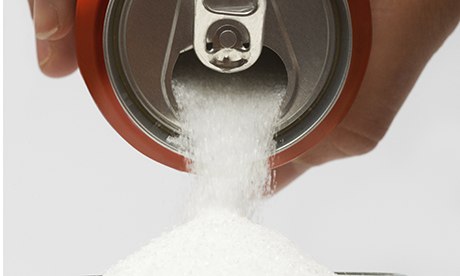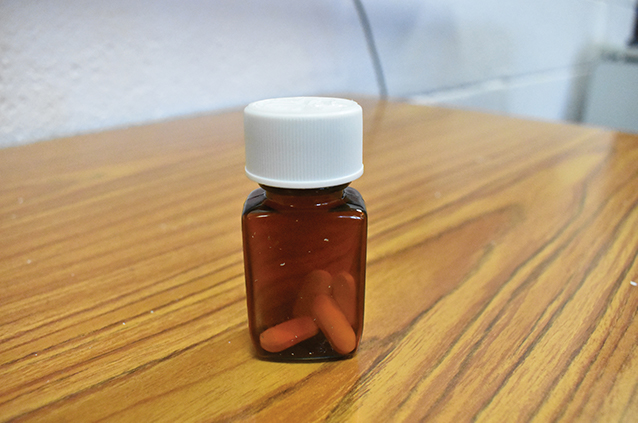
January is the month of good intentions. We promise ourselves that this is the year we finally stick to our resolutions, with many of us focusing on an improvement in diet or lifestyle. We optimistically join the gym, buy new runners and bin the chocolate in the kitchen. By February, however, we often fall back into old patterns- beaten but maybe not surprised. We blame ourselves for our lack of willpower. We tell ourselves that by next year, we’ll have the mental stamina to achieve success. We personalise the defeat.
The school of thought around food, exercise and our overall health has been changing rapidly however, and Professor Robert Lustig has found fame by disputing the inherent idea that change must come from within. He argues that there are two villains responsible for our cycle of failed resolutions, and neither of them are ourselves.
Robert Lustig is a professor at the University of California and is, perhaps, the world’s most vocal opponent of sugar- villain number one. While most of us know that sugar isn’t good for us, Lustig describes sugar as “poison” and “evil”, blaming it for the dramatic rise in diabetes, heart disease and cancer seen in recent years. He also believes that, because of the core nature of sugar, it is impossible to give up.
A natural stimulant, sugar is often a comfort we turn to when feeling tired, depressed or stressed. Lustig explains that this reaction is due to a “determinable hormone mechanism” involving the chemical ‘cortisol’, a cycle, he says, you could no more break with willpower than you could stop feeling thirsty through mental strength.
Lustig isn’t alone in his determination of the sheer power of sugar. In a study conducted on lab rats, it was found that the sweet stuff was up to 8 times more addictive than cocaine. Over a 15 day period, 43 cocaine-addicted rats were given the choice between sugar water and cocaine-laced water, with 40 abandoning the cocaine entirely and becoming addicted to sugar. Because of this incredibly powerful effect on our brains, we’re drawn back to unhealthy food time and time again- despite our best intentions.
While some foods are widely known for their high sugar content, most food today contains far more than is realised. It is engineered to taste good and breed return customers. Put in more sugar, hook more people and ultimately make more money. Enter the force behind the plan and villain number two; the food industry.
The food industry’s love affair with sugar really took off in the 1970s, most notably with the advent of high fructose corn syrup. Because this was cheaper to produce than normal sugar, it allowed companies to sell larger products for a cheaper price. It was also freely pumped into everything because it improved the taste, as well as sales figures. Consumers were now being offered more food for less money, making processed, sugar laden products the most economically viable option.
When the obesity crisis reached “epidemic” status around the turn of the millennium, several food types and chemicals were blamed, most evidently HFCS and fat. Capitalising on this shift, the industry launched a host of new fat free and HFCS free options, marketing them as healthy alternatives.
The fat and HFCS was replaced with normal, “natural” sugar. Though deriving from natural sources, sugar and HFCS are metabolised almost identically by the body, meaning the new “improved” food sources were mere replicas of previous toxic products.
When challenged over these practices, food companies used the full force of their political power for damage limitation. As the largest industry in America, it boasts some of the most influential lobbyists- people who are paid millions to ensure the food companies won’t be damaged by any legislation passed. Like the tobacco companies of old, lobbyists deny sugar’s harmful effects and ensure it stays in most of our food. Their financial health depends on people being unhealthy.
As summed up by Lustig: “The obesity pandemic is due to our altered biochemistry, which is a result of our altered environment.” Industry creates high sugar foods, addicting us and decreasing our health. When we try to change, we’re blocked internally by our brain and externally by companies, advertising and economy. We’re trapped in a cycle we didn’t choose and are told to take personal responsibility for our actions, while the culprits fuelling the problem are given a free pass.
Change is never easy, but when the deck is so stacked against us come January first, it’s no wonder our resolutions fail time and time again.
Rebecca Lumley




Leave a Reply